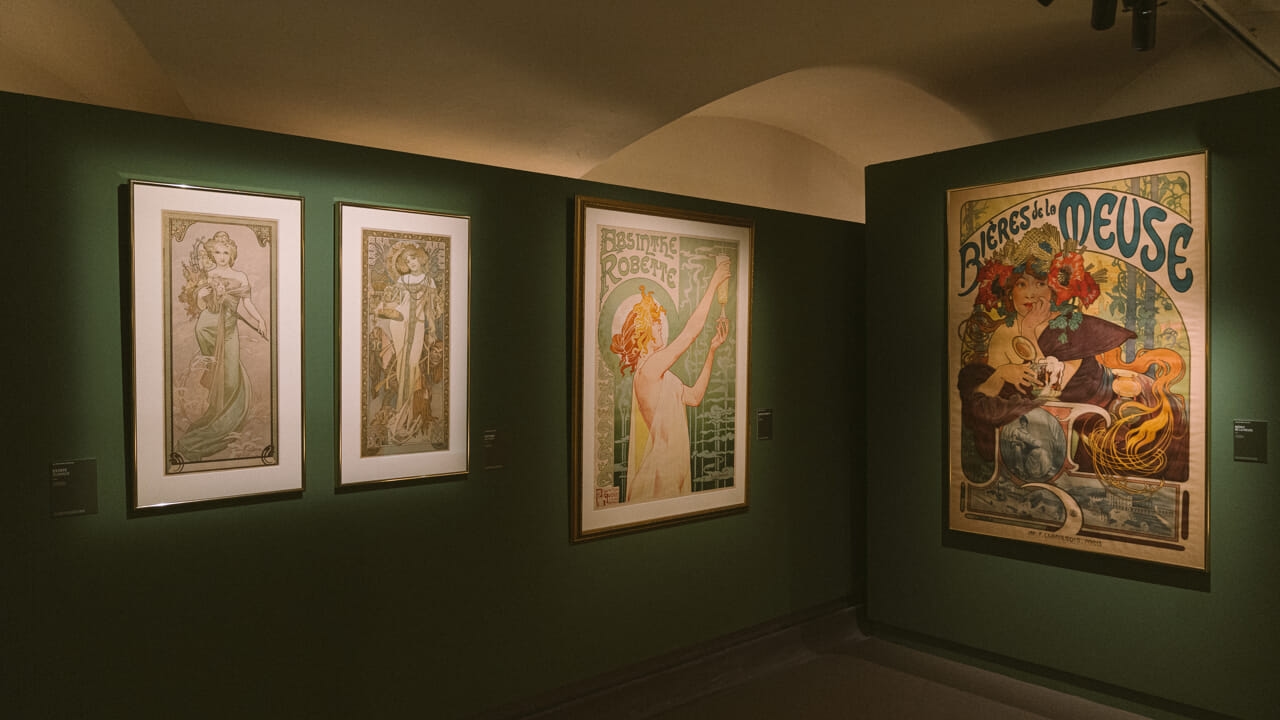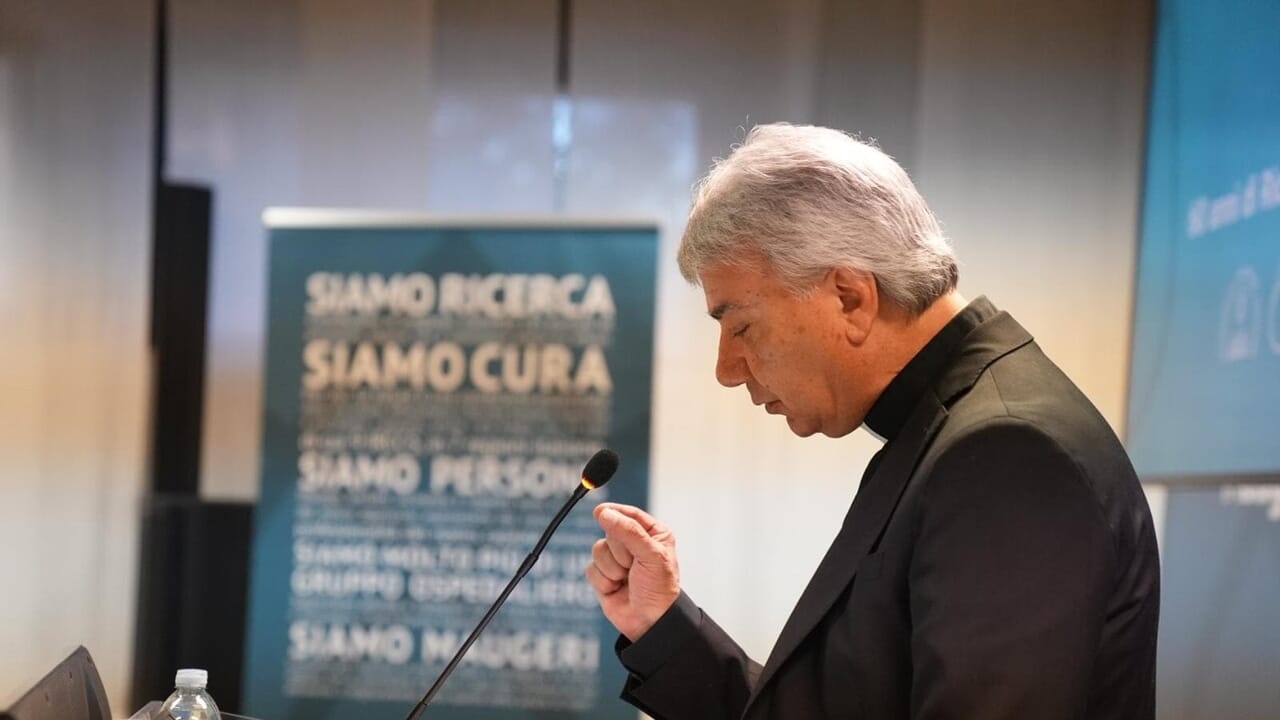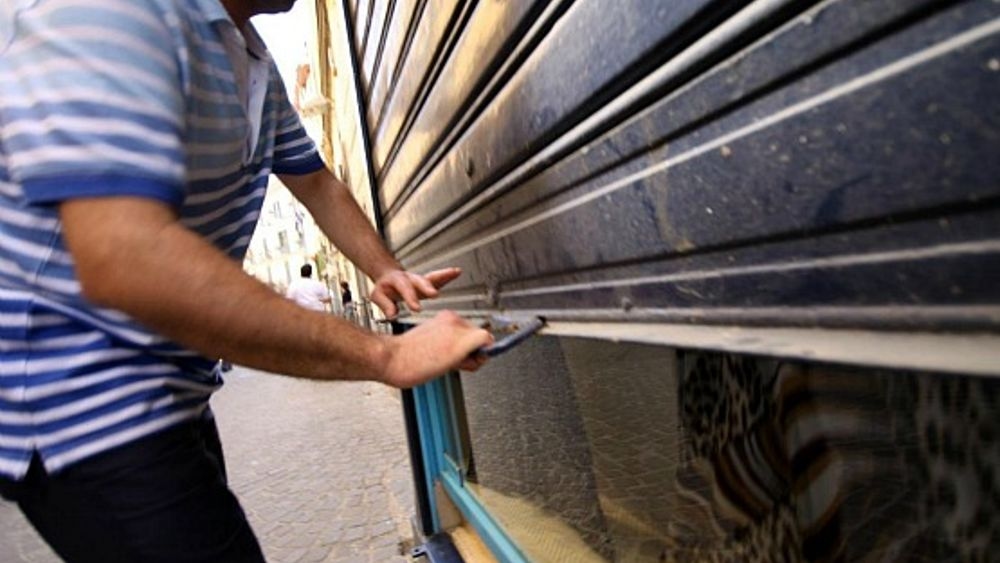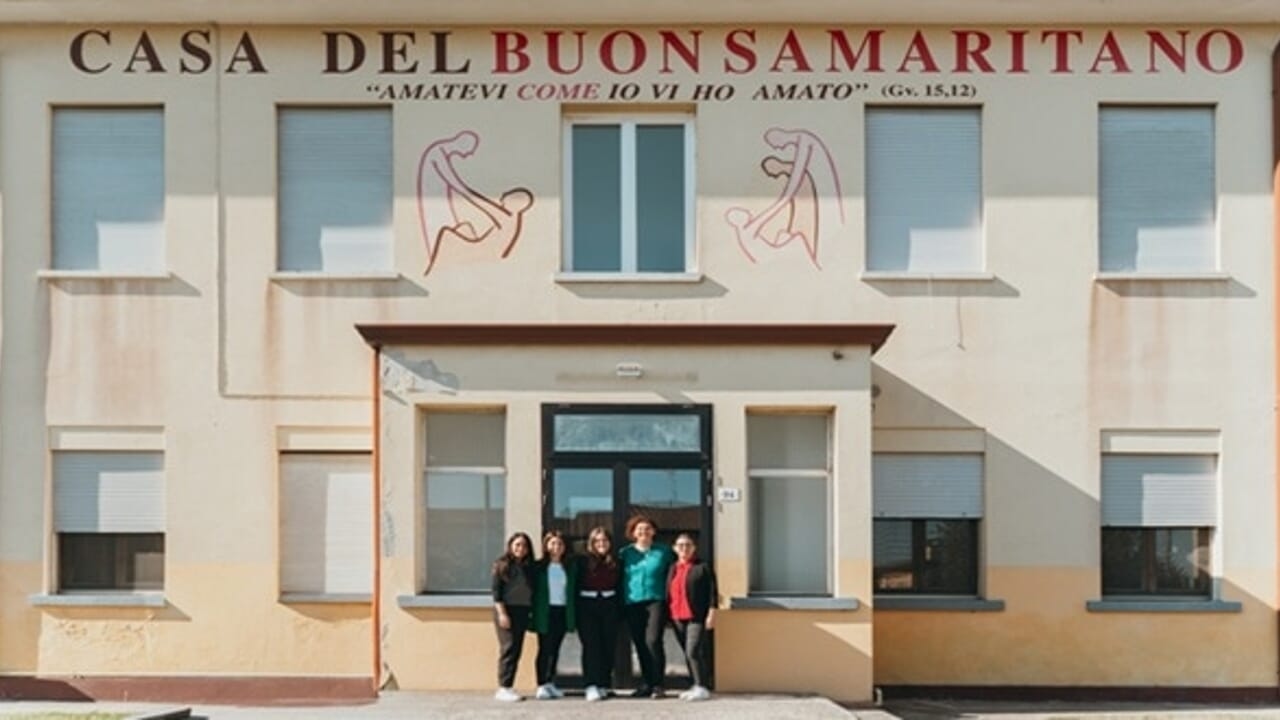The Pitt: When TV Series Become Civic (and Health) Education

What if we told you that through the language of TV series, it's possible to change the world—or at least the present—for the better? That's exactly what happened after the airing of The Pitt, the new Sky exclusive that, with its five Emmy Awards, won over audiences and critics alike, sparking a debate destined to be talked about for a long time to come.
Directed by R. Scott Gemmill, who also wrote ER , The Pitt is set in a Pittsburgh emergency room and represents, in itself, a small but significant innovation in the medical drama landscape. The series consists of fifteen episodes that, over the course of a single day, recount an entire work shift, filled with emergencies , lives suspended, and difficult choices. An innovative narrative, constructed using hyperrealistic language , rigorously depicts the management of emergency medicine and the conditions in which doctors, nurses, and interns work.
The effect on public opinionOvercrowded wards, a skeleton staff, grueling shifts, a lack of beds and resources: the reality of The Pitt doesn't seem so far removed from what many healthcare workers face around the world. But what makes the series truly significant is its ability to go beyond mere denunciation, becoming a positive model and a tool for collective reflection .
On October 27, the USC Norman Lear Center published a study specifically dedicated to the impact of The Pitt on public perceptions of sensitive topics such as organ donation and end-of-life planning. The results speak for themselves: out of a sample of 1,409 viewers, 26.9% said they felt more interested in organ donation after watching, while 17.2% discussed the topic with others.
A particularly significant effect was seen among Black people, who are often overrepresented on transplant waiting lists and underrepresented among donors: in this sense, the series had the merit of stimulating broad and inclusive reflection. The impact on the topic of end-of-life care was also significant: 38.8% of those interviewed said they had explored the issue in depth, particularly tools such as living wills, prompted by the situations and moral dilemmas experienced by the characters.
The problems of the health systemNot only that, the survey also revealed an increase in awareness of the problems facing the healthcare system : 90% of viewers better understood the complexity of working in precarious conditions, while numerous industry professionals confirmed the plot's absolute plausibility.
As the series' producer explained in a recent interview, The Pitt represents a clear example of "public health education" : a positive side effect of a dramatic narrative that, while remaining entertaining, manages to impact reality. At the center of the story is Dr. Michael Robinavitch, played by Noah Wyle – also an executive producer – forced to navigate budget cuts, staff shortages, constant emergencies, and ethical conflicts. His character perfectly embodies the tension between humanity and the system, between dedication and impotence, becoming a metaphor for an entire professional category.
The success of The Pitt demonstrates that stories, even fictional ones, can contribute to the accuracy of public debate, giving space to systemic and social issues that often remain marginalized. Being inspirational doesn't mean sacrificing entertainment value: on the contrary, it can be one of the highest forms of it.
And it's not an isolated case. Breathe, the Spanish series back on Netflix with a second season , tackles the crisis of the national healthcare system and the consequences of privatization, depicting hospitals on the verge of collapse and citizens left alone by the state . An openly political reading, it confirms the direction taken by a new international series: that of using fiction to refocus on major collective issues, starting with the right to healthcare.
Perhaps this is the future of stories: entertainment capable of generating awareness , a popular language that becomes a lever for change. And, who knows, one day these series will be talked about not only in living rooms, but also in the places where the common good is truly decided.
Luce





